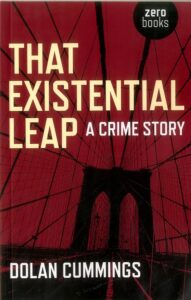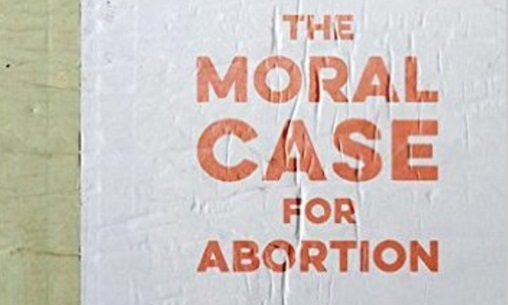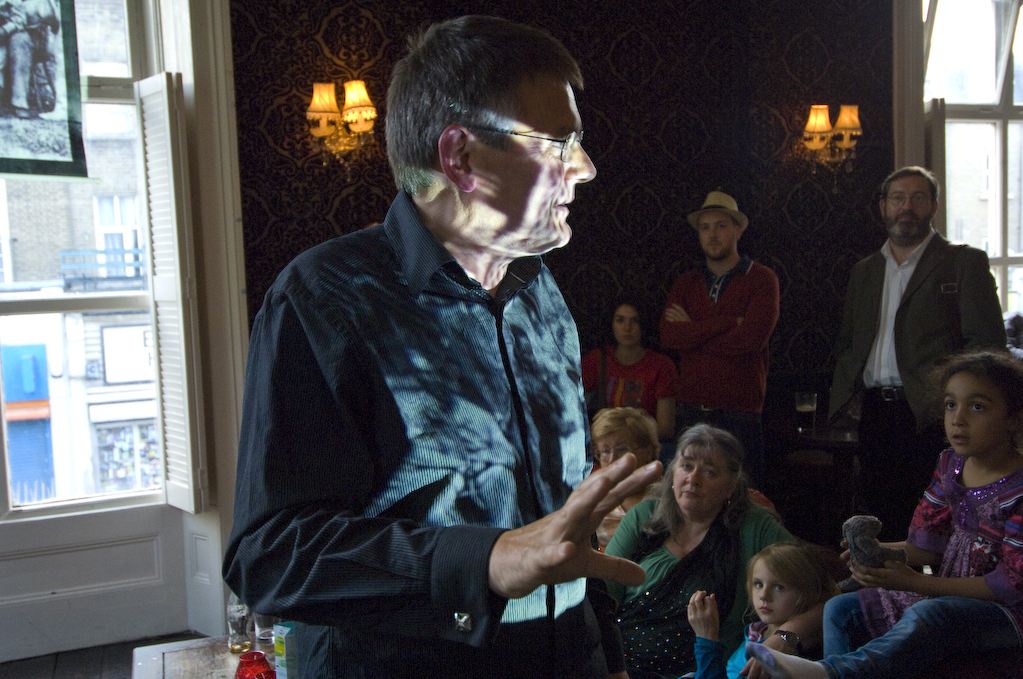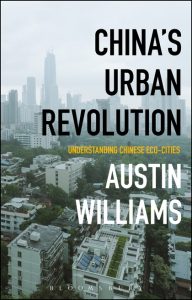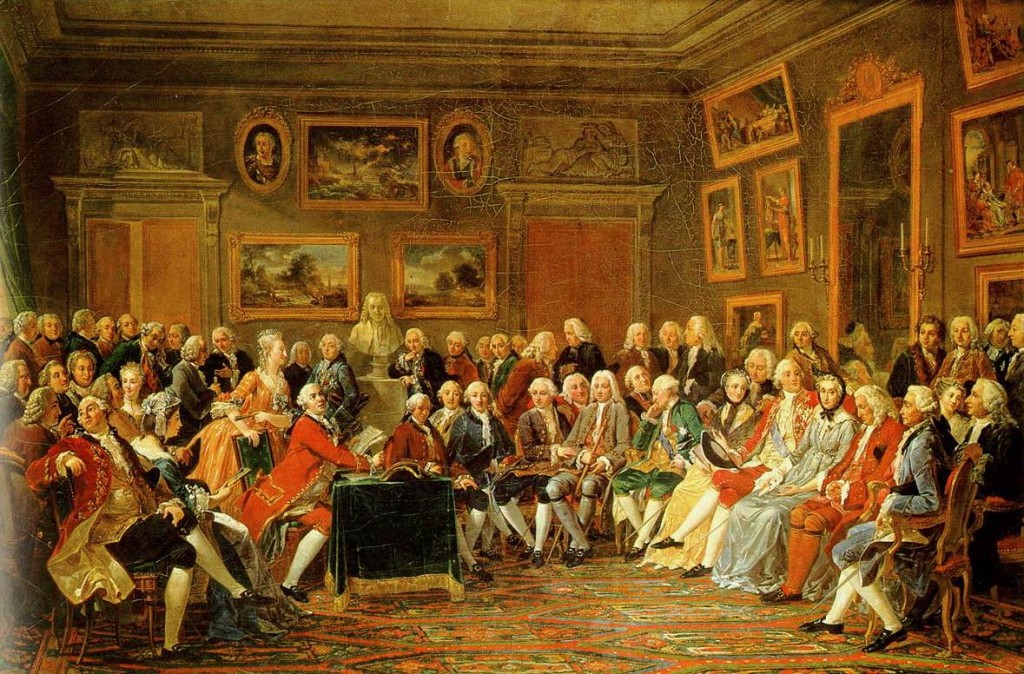
The great German philosopher, Immanuel Kant, began his essay ‘What is Enlightenment?’ (1784) with this statement:
‘Enlightenment is man’s emergence from his self-imposed nonage. Nonage is the inability to use one’s own understanding without another’s guidance. This nonage is self-imposed if its cause lies not in lack of understanding but in indecision and lack of courage to use one’s own mind without another’s guidance. Dare to know! (Sapere aude.) “Have the courage to use your own understanding,” is therefore the motto of the enlightenment’.
Dare to know! is also the motto of the East Midlands Salon which is committed to promoting the Enlightenment values of reason and the pursuit of truth and human progress. In 2019 we begin with two Salons on the British Enlightenment with a focus on Derby and the Midlands. Our third Salon will be a contemporary discussion of the possibility of colonising space.
All three Salons will take place in the Parlour of the Brunswick Inn, Derby at 7 PM. Tickets will be available on the door at £2 (a donation towards costs) or you can book the remaining two Salons for £3 on Eventbrite.
Dates and Topics
On Thursday 31 January — Professor Paul Elliott discussed the Derby Philosophers and the British Enlightenment ;
On Thursday 28 February — Professor Jonathan Powers will talk about the leading thinkers and scientists of the Enlightenment in the Midlands;
On Thursday 18 April – in the tradition of Enlightenment speculation, scientist and astronomer Dr Martin Braddock will probe ‘The next step: Space Exploration and Colonisation.’
About the Speakers
Professor Paul Elliott
Paul’s research interests and publications span history, cultural and historical geography, the history of education and the history of science. Paul has forged close working relationships with local government, heritage, professional, community and media organisations. He is a member of the Derwent Valley Mills World Heritage Site Research and Publications Committee and on the editorial board of History: West Midlands magazine. His books include The Derby Philosophers: Science and Culture in British Urban Society 1700-1850 (2009), Enlightenment, Modernity and Science (2010) and The British Arboretum (2011) which are available from Amazon. The Independent newspaper recently describe Paul as: ‘One of the country’s leading historians of British Gardens’
Professor Jonathan Powers
Jonathan was the Academic Director of Derbyshire College of Higher Education and hence the first Pro Vice-Chancellor (Academic) of the University of Derby when, in 1992, it became the only such College to become a University at the same time as the former Polytechnics.
He is an outstanding scholar and philosopher, way back in 1983 his Philosophy and the New Physics was listed by Choice in the USA as one of the outstanding academic books of the year.
Since his retirement he has – among many other things – helped organise programmes of events and have given special lectures focussed on developing Derby’s awareness of its cultural history. Demand for transcripts of the unscripted lectures led him to recreate them as ‘mini-monographs’ with the profits going to local cultural charities. A full list can be found on the Quandary Books web site. A selection of his publications is also available at the City Art Gallery and Museum.
Dr Martin Braddock
Martin is a professional scientist and project manager working in the field of drug discovery and development with 32 years’ experience of working in academic institutes and large corporate organisations. He holds a BSc in Biochemistry and a PhD in Radiation Biology (from the Radiation Biology Unit, Atomic Energy Research Establishment, Harwell Oxfordshire), is a former Royal Society University Research Fellow at the University of Oxford.
In 2009, Martin was awarded the title of Fellow of the Royal Society of Biology for outstanding contribution to Bioscience and in 2012 he was a recipient of an Alumnus Achievement Award from the University of Salford for distinction in science. He is currently on the editorial committee of eleven scientific journals. He has published widely and is author on over 140 peer-reviewed publications, is a member of several scientific advisory boards, a listed inventor on 8 patents and has given lectures all over the world.
He has a serious interest in astronomy and in 2015 was elected Fellow of the Royal Astronomical Society. He is passionate about all aspects of Astronomy, Cosmology and Astrobiology.
Martin is also an active committee member of the Mansfield and Sutton Astronomical Society, supporting this registered charity at public open events and regular society meetings.
Selected Readings
Immanuel Kant What is enlightenment?
Frank Furedi Towards Enlightenment
John Keane The 18th Century Enlightenment and the Problem of Public Misery
Goncalo Fonseca Enlightenment Then, Enlightenment Now
Stanford (University) The Dark Side of the Enlightenment (The Super Enlightenment)
Robert Wilde A Beginner’s Guide to the Enlightenment


